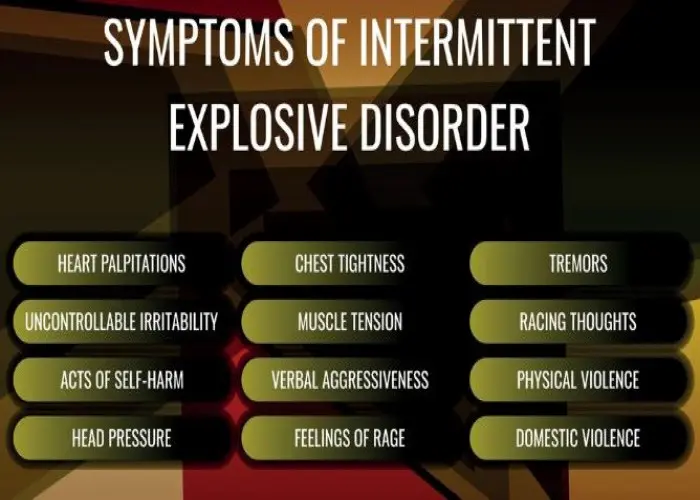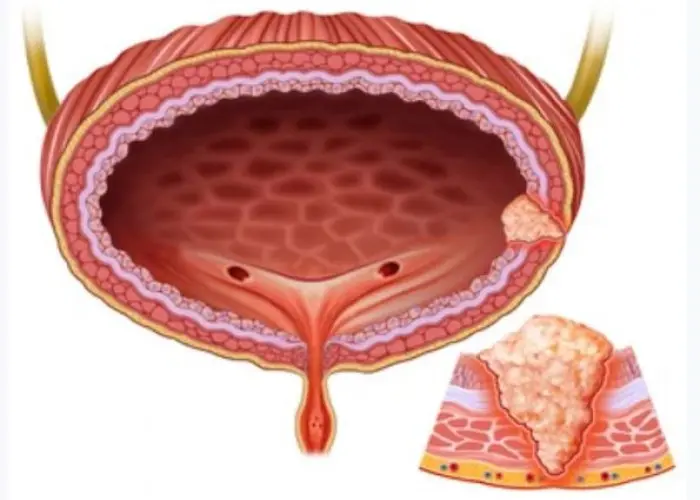 Welcome
Welcome
“May all be happy, may all be healed, may all be at peace and may no one ever suffer."
Mouth cancer

Mouth cancer, also known as oral cancer, refers to the growth of malignant cells in any part of the mouth, including the lips, tongue, gums, palate, cheeks, and floor of the mouth. It can also occur in the throat, including the tonsils and pharynx.
The most common symptoms of mouth cancer include:
- Sores or ulcers that do not heal
- Persistent pain in the mouth
- Difficulty swallowing or chewing
- A lump or thickening in the cheek, tongue, or throat
- White or red patches on the gums, tongue, or lining of the mouth
- Numbness or tingling in the mouth or on the lips
The exact cause of mouth cancer is not known, but risk factors for developing the disease include tobacco use (including smoking and smokeless tobacco), excessive alcohol consumption, a diet low in fruits and vegetables, and exposure to human papillomavirus (HPV).
Treatment for mouth cancer may include surgery, radiation therapy, chemotherapy, or a combination of these treatments. The specific treatment plan will depend on the stage and location of the cancer.
To reduce the risk of developing mouth cancer, it is important to quit smoking or using smokeless tobacco, limit alcohol consumption, eat a healthy diet rich in fruits and vegetables, and practice good oral hygiene, including regular dental checkups. It is also important to be aware of the signs and symptoms of mouth cancer and to seek medical attention if any of these symptoms persist for more than two weeks.
Research Papers
Disease Signs and Symptoms
- Mouth sores
- A growth or lump inside your mouth
- A white or reddish patch on the inside of your mouth
- A lip or mouth sore that doesn't heal
- Cancer that occurs on the inside of the mouth is sometimes called oral cancer or oral cavity cancer.
- Inner lining of the cheeks
- Mouth cancer
- Ear pain
- Mouth pain
- Blow in mouth
- Mouth lumps
- Loose teeth
- Weakness, numbness or paralysis in face, arm or leg, typically on one side of the body
Disease Causes
Mouth cancer
Mouth cancers form when cells on the lips or in the mouth develop changes (mutations) in their DNA. A cell's DNA contains the instructions that tell a cell what to do. The mutations changes tell the cells to continue growing and dividing when healthy cells would die. The accumulating abnormal mouth cancer cells can form a tumor. With time they may spread inside the mouth and on to other areas of the head and neck or other parts of the body.
Mouth cancers most commonly begin in the flat, thin cells (squamous cells) that line your lips and the inside of your mouth. Most oral cancers are squamous cell carcinomas.
It's not clear what causes the mutations in squamous cells that lead to mouth cancer. But doctors have identified factors that may increase the risk of mouth cancer.
Disease Prevents
Mouth cancer
There's no proven way to prevent mouth cancer. However, you can reduce your risk of mouth cancer if you:
- Stop using tobacco or don't start. If you use tobacco, stop. If you don't use tobacco, don't start. Using tobacco, whether smoked or chewed, exposes the cells in your mouth to dangerous cancer-causing chemicals.
- Drink alcohol only in moderation, if at all. Chronic excessive alcohol use can irritate the cells in your mouth, making them vulnerable to mouth cancer. If you choose to drink alcohol, do so in moderation. For healthy adults, that means up to one drink a day for women of all ages and men older than age 65, and up to two drinks a day for men age 65 and younger.
- Avoid excessive sun exposure to your lips. Protect the skin on your lips from the sun by staying in the shade when possible. Wear a broad-brimmed hat that effectively shades your entire face, including your mouth. Apply a sunscreen lip product as part of your routine sun protection regimen.
- See your dentist regularly. As part of a routine dental exam, ask your dentist to inspect your entire mouth for abnormal areas that may indicate mouth cancer or precancerous changes.
Disease Treatments
Treatment for mouth cancer depends on your cancer's location and stage, as well as your overall health and personal preferences. You may have just one type of treatment, or you may undergo a combination of cancer treatments. Treatment options include surgery, radiation and chemotherapy. Discuss your options with your doctor.
Surgery
Surgery for mouth cancer may include:
- Surgery to remove the tumor. Your surgeon may cut away the tumor and a margin of healthy tissue that surrounds it to ensure all of the cancer cells have been removed. Smaller cancers may be removed through minor surgery. Larger tumors may require more-extensive procedures. For instance, removing a larger tumor may involve removing a section of your jawbone or a portion of your tongue.
- Surgery to remove cancer that has spread to the neck. If cancer cells have spread to the lymph nodes in your neck or if there's a high risk that this has happened based on the size or depth of your cancer, your surgeon may recommend a procedure to remove lymph nodes and related tissue in your neck (neck dissection). Neck dissection removes any cancer cells that may have spread to your lymph nodes. It's also useful for determining whether you will need additional treatment after surgery.
- Surgery to reconstruct the mouth. After an operation to remove your cancer, your surgeon may recommend reconstructive surgery to rebuild your mouth to help you regain the ability to talk and eat. Your surgeon may transplant grafts of skin, muscle or bone from other parts of your body to reconstruct your mouth. Dental implants also may be used to replace your natural teeth.
Surgery carries a risk of bleeding and infection. Surgery for mouth cancer often affects your appearance, as well as your ability to speak, eat and swallow.
You may need a tube to help you eat, drink and take medicine. For short-term use, the tube may be inserted through your nose and into your stomach. Longer term, a tube may be inserted through your skin and into your stomach.
Your doctor may refer you to specialists who can help you cope with these changes.
Radiation therapy
Radiation therapy uses high-energy beams, such as X-rays and protons, to kill cancer cells. Radiation therapy is most often delivered from a machine outside of your body (external beam radiation), though it can also come from radioactive seeds and wires placed near your cancer (brachytherapy).
Radiation therapy is often used after surgery. But sometimes it might be used alone if you have an early-stage mouth cancer. In other situations, radiation therapy may be combined with chemotherapy. This combination increases the effectiveness of radiation therapy, but it also increases the side effects you may experience. In cases of advanced mouth cancer, radiation therapy may help relieve signs and symptoms caused by the cancer, such as pain.
The side effects of radiation therapy to your mouth may include dry mouth, tooth decay and damage to your jawbone.
Your doctor will recommend that you visit a dentist before beginning radiation therapy to be sure your teeth are as healthy as possible. Any unhealthy teeth may need treatment or removal. A dentist can also help you understand how best to care for your teeth during and after radiation therapy to reduce your risk of complications.
Chemotherapy
Chemotherapy is a treatment that uses chemicals to kill cancer cells. Chemotherapy drugs can be given alone, in combination with other chemotherapy drugs or in combination with other cancer treatments. Chemotherapy may increase the effectiveness of radiation therapy, so the two are often combined.
The side effects of chemotherapy depend on which drugs you receive. Common side effects include nausea, vomiting and hair loss. Ask your doctor which side effects are likely for the chemotherapy drugs you'll receive.
Targeted drug therapy
Targeted drugs treat mouth cancer by altering specific aspects of cancer cells that fuel their growth. Targeted drugs can be used alone or in combination with chemotherapy or radiation therapy.
Cetuximab (Erbitux) is one targeted therapy used to treat mouth cancer in certain situations. Cetuximab stops the action of a protein that's found in many types of healthy cells, but is more prevalent in certain types of cancer cells. Side effects include skin rash, itching, headache, diarrhea and infections.
Other targeted drugs might be an option if standard treatments aren't working.
Immunotherapy
Immunotherapy uses your immune system to fight cancer. Your body's disease-fighting immune system may not attack your cancer because the cancer cells produce proteins that blind the immune system cells. Immunotherapy works by interfering with that process.
Immunotherapy treatments are generally reserved for people with advanced mouth cancer that's not responding to standard treatments.
Disease Diagnoses
Disease Allopathic Generics
Disease Ayurvedic Generics
Disease Homeopathic Generics
Disease yoga
Mouth cancer and Learn More about Diseases

Intermittent explosive disorder

Chemo brain

Anxiety disorders

Acute liver failure

Croup

Appendicitis

Polycystic ovary syndrome (PCOS)

Bladder cancer
mouth cancer, মুখের ক্যান্সার
To be happy, beautiful, healthy, wealthy, hale and long-lived stay with DM3S.
